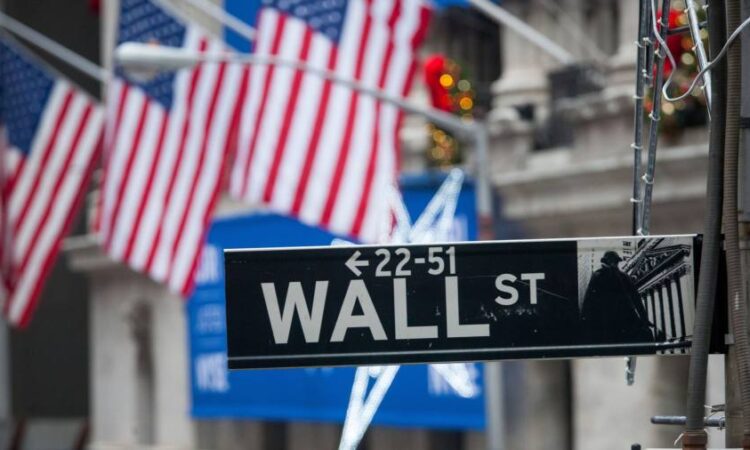
US stocks climbed on Friday after a volatile week of trading in which fears of a coming recession and persistently high interest rates resurfaced to cool investors’ appetite for risk.
Wall Street’s blue-chip S&P 500 was 1.3 per cent higher and the tech-heavy Nasdaq Composite had risen 2 per cent by afternoon New York trading.
Shares in Google’s parent Alphabet climbed 4.7 per cent after the group said it would fire 12,000 staff, or about 6 per cent of its workforce, while better subscriber numbers than expected sent shares in Netflix surging 7.1 per cent even as co-founder Reed Hastings announced his departure as chief executive.
Friday’s equity market moves came after European Central Bank president Christine Lagarde and Federal Reserve vice-chair Lael Brainard both pledged to “stay the course” on interest rate increases, signalling to markets that borrowing costs are unlikely to fall anytime soon. Signs of slowing US economic growth further dented investor confidence, dragging down equity markets that have made a relatively strong start to the year.
“In the past two months or so, equities and bonds have both cheered the early signs of disinflation and softening growth, as they reinforced the peak-rates narrative,” said analysts at Barclays. “But the ‘bad data is good news for equities’ mantra seems over now in the US.”
“In contrast, Europe appears to be in a sweet spot right now,” the bank added. “Disinflation hopes have pushed yields lower despite a hawkish ECB, and improving economic sentiment due to falling energy prices and China reopening has pushed up equities.”
Wall Street stocks have indeed fallen out of favour, with global fund managers having cut allocations to the US stock market to the lowest level for 17 years, according to a closely watched Bank of America survey released this week. After years on the sidelines, European and emerging market stocks are back in vogue.

Hong Kong’s Hang Seng index and China’s CSI 300 have risen 50 per cent and 20 per cent, respectively, since the start of November as Beijing has reversed strict zero-Covid policies in place since early 2020. The indices climbed 1.8 per cent and 0.6 per cent on Friday.
In Europe, the regional Stoxx 600 added 0.4 per cent, Germany’s Dax rose 0.8 per cent and London’s FTSE 100 gained 0.3 per cent.
Elsewhere, prices for Brent crude, the international oil benchmark, rose 1.6 per cent to $87.58 a barrel. A measure of the dollar’s strength against a basket of six peers was flat, though the currency has declined more than 8 per cent over the past three months.
Additional reporting by Jaren Kerr in New York





